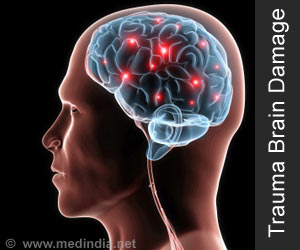
‘Written Exposure Therapy (WET), a five-session psychotherapy program where individuals are asked to write about their traumatic experiences followed by scripted instruction was effective in treating Posttraumatic Stress Disorder.’
Tweet it Now
PTSD is a diagnosis incited by physical or psychological trauma and is characterized by flashbacks of past traumatic events, nightmares, intrusive thoughts, avoidance of reminders of trauma, sleep disturbance and hypervigilance leading to social, occupational and interpersonal impairment. PTSD treatment includes trauma-focused therapy, which includes Written Exposure Therapy (WET), a five-session psychotherapy program, or Cognitive Processing Therapy (CPT), a 12-session psychotherapy program that is considered to be a first-line PTSD treatment approach.
WET involves five trauma-focused sessions in which individuals are asked to write about their traumatic experiences followed by scripted instruction, while CPT is a 12-session program in which patients are taught to recognize and challenge dysfunctional cognitions about their traumatic event and current thoughts about themselves, others and the world around them.
WET does not include any out-of-session assignments, while patients undergoing CPT are assigned out-of-session assignments following each session.
Through a randomized controlled trial, researchers analyzed 126 adults with a diagnosis of PTSD; 63 individuals were randomized to the WET treatment group and 63 individuals were randomized to the CPT treatment group. Their analysis concluded that WET, while involving fewer sessions, was just as effective as CPT in reducing PTSD symptoms.
Advertisement
Source-Eurekalert















